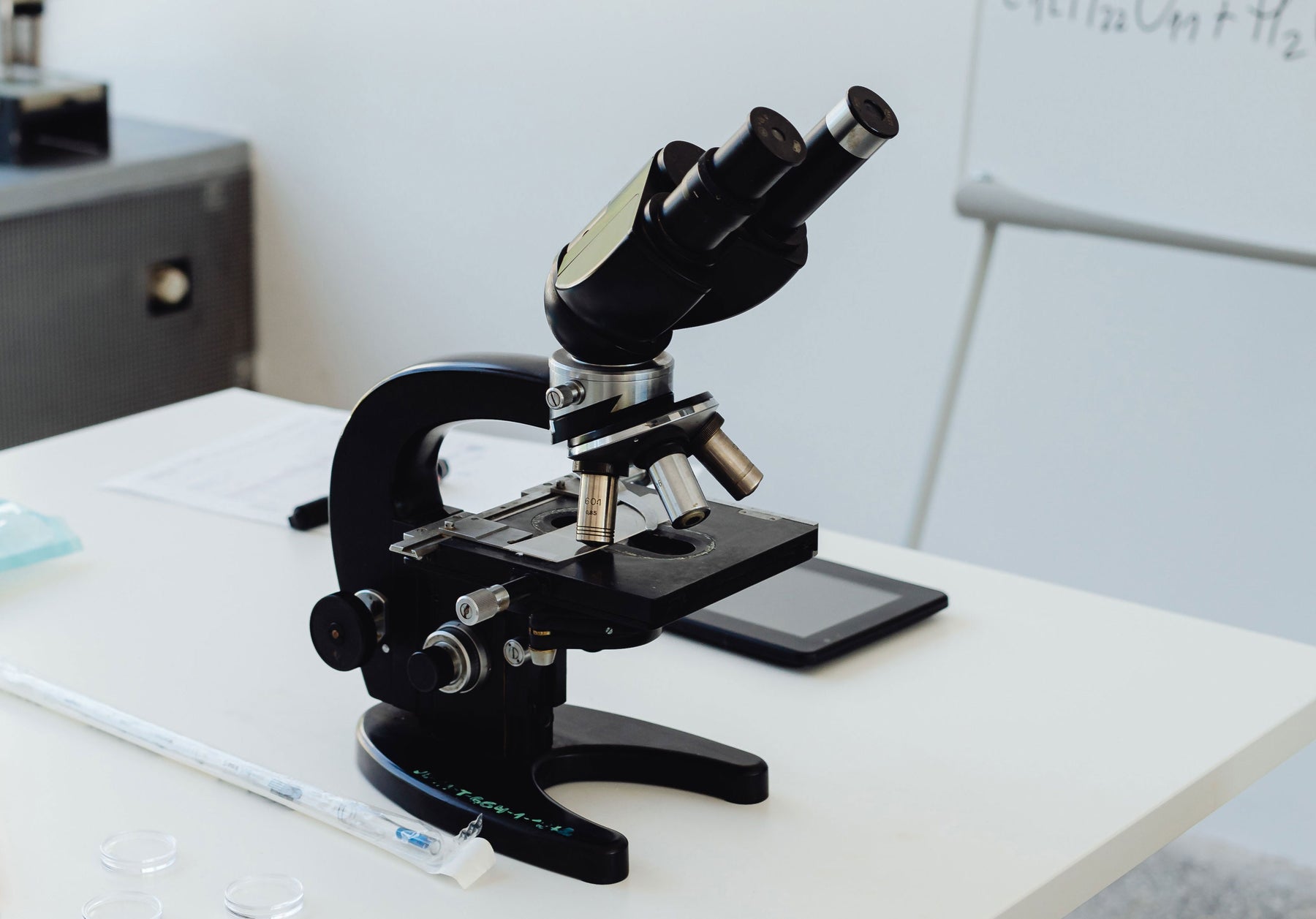
Buying A Used Microscope - What Should I Consider?
Buying a used microscope
You’re wondering if it’s possible to spend less than you would on a new microscope and still get optics that are reliable and of a decent quality. It is, but be prepared to do some homework.
Here are a few things to keep in mind when looking for a used microscope.
Know thyself
Don’t rush, take your time and do your research, especially if you’re buying microscope parts or accessories.
Check your own equipment first, or you run the risk of accidentally buying incompatible parts. For instance, did you know you can’t ‘swap’ parts even among the Big Four brands (Leica, Nikon, Olympus and Zeiss)? They all have different specs. Never mind the vast array of other brands of varying quality and price on the market today.
Other parts might not suit your purposes – despite appearances. For instance, clinical labs or hospitals sometimes custom order their optics for specific tasks, so not all lenses are the same.
Know thy seller
As tempting as that shiny looking second hand microscope on eBay seems, you may need to take a step back. How much does a pretty photo tell you about the real condition of the microscope? Is it in good shape – or a lemon?
When you buy online, it usually isn’t possible to tell. But you can get some comfort by buying from a trustworthy source. Here’s a quick checklist.
Online
Some items on the internet are new – or almost new. If the used microscope you are looking at is new in a box, you can be reasonably sure it will be very good (as long as the manufacturer is good and the specification is what you need).
For the rest, look very carefully at the item and the seller. This information is easy to find and takes a few minutes to assess.
You can check on the seller’s performance quite easily and avoid sellers who have had problems delivering their promises in the past. Try to make sure your item has a return guarantee, preferably without strings attached.
Read the listing very carefully and see if the seller seems to be an experienced microscope user or if they're waffling and trying to ‘sound’ scientific. You can easily get a feel for whether the seller is trying it on, or if they're honestly selling a good quality second hand microscope that will perform as it should.
But as with any ‘gamble’, only take the risk if you are prepared for the potential loss of your entire purchase.
Hospitals, laboratories, medical/veterinary
Some institutions sell off their older equipment, which can present a good opportunity for some buyers. Indeed, some of the best microscope mechanisms are likely to be found in a microscope built decades ago.
Lab microscopes tend to be good quality and from reputable brands, but they can be specialised and unsuitable,
